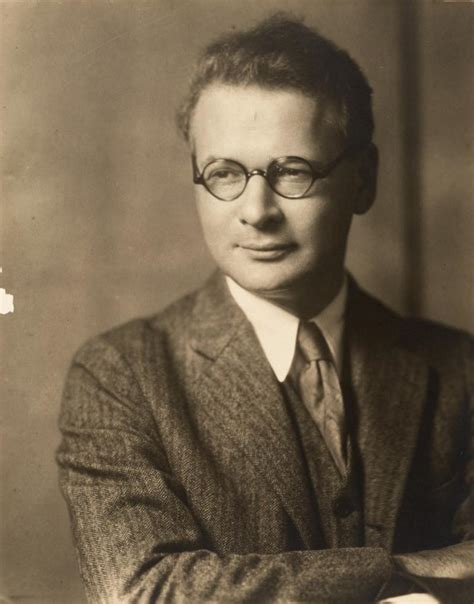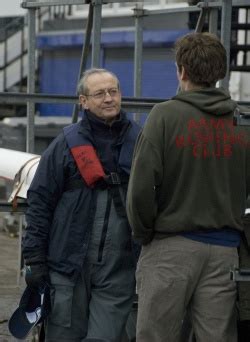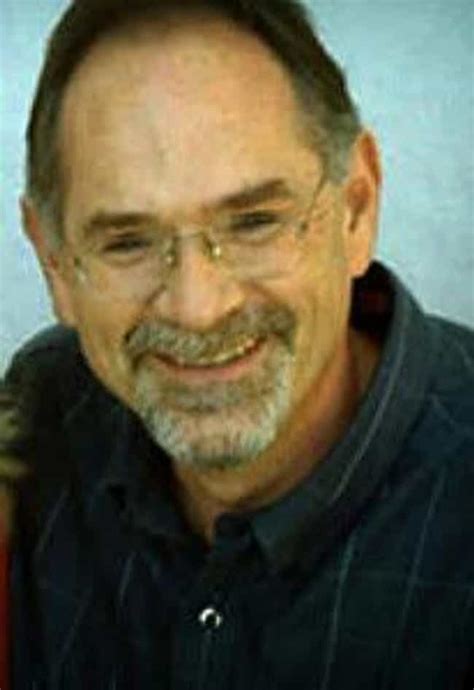A Quote by Fyodor Dostoevsky
As soon as any one is near me, his personality disturbs my self-complacency and restricts my freedom. In twenty-four hours I begin to hate the best of men: one because he's too long over his dinner; another because he has a cold and keeps on blowing his nose. I become hostile to people the moment they come close to me. But it has always happened that the more I detest men individually the more ardent becomes my love for humanity.
Quote Topics
Always
Another
Any
Ardent
Because
Become
Becomes
Begin
Best
Best Of Me
Blowing
Close
Cold
Come
Complacency
Detest
Dinner
Four
Freedom
Happened
Hate
His
Hostile
Hours
Humanity
Individually
Keeps
Long
Love
Love For Humanity
Me
Men
Moment
More
Near
Nose
Over
People
Personality
Self
Soon
Too
Twenty
Twenty-Four
Related Quotes
The more we let God take us over, the more truly ourselves we become - because He made us. He invented us. He invented all the different people that you and I were intended to be. . .It is when I turn to Christ, when I give up myself to His personality, that I first begin to have a real personality of my own.
What I have always loved most in men is imperfection. I get moved by the wrinkles on the throat of a man. It makes me love him more. I think it is sad that more women don't take the chance that maybe men will be moved by seeing the chin a little less firm than it used to be, that a man will be more in love with his wife because he remembers who she was and sees who she is and thinks, God, isn't that lovely that this happened to her. And be moved by life telling its story there.
Before every session, I take a moment to remember my humanity. There is no experience that this man has that I cannot share with him, no fear that I cannot understand, no suffering that I cannot care about, because I too am human. No matter how deep his wound, he does not need to be ashamed in front of me. I too am vulnerable. And because of this, I am enough. Whatever his story, he no longer needs to be alone with it. This is what will allow his healing to begin. (Carl Rogers)
They hate kings, they hate priests, they hate soldiers, they hate sailors. They distrust men of science, they denounce the middle classes, they despair of working men, but they adore humanity. Only they always speak of humanity as if it were a curious foreign nation. They are dividing themselves more and more from men to exalt the strange race of mankind. They are ceasing to be human in the effort to be humane.
When the artist is alive in any person, whatever his kind of work may be, he becomes an inventive, searching, daring, self-expressive creature. He becomes interesting to other people. He disturbs, upsets, enlightens, and opens ways for better understanding. Where those who are not artists are trying to close the book, he opens it and shows there are still more pages possible.
The democratic rule that all men are equal is sometimes confused with the quite opposite idea that all men are the same and that any man can be substituted for any other so that his differences make no difference. The two are not at all the same. The democratic rule that all men are equal means that men's being different cannot be made a basis for special privilege or for the invidious advantage of one man over another; equality, under the democratic rule, is the freedom and opportunity of each individual to be fully and completely his different self. Democracy means the right to be different.
I watched them carefully, as always, searching for a sign of mental weakness. But there was none. Every man was coping well with the hardship, each one of them locked into his task. But it is one thing to practice, and quite another to race. And the trouble is, you never know who, on the day, will find it within his soul to give more than he has ever given before. It takes a kind of madness to compete like that, because of the will power and the ego, and his loyalty. And while some men have it, others have yet to find it. And a coach can only use his best judgement as to who those men will be.
Arthur, with his keen blue eyes and hair of burnished gold, his ready smile and guileless countenance. Wide and heavy of shoulder, long of limb, he towers above other men and, though he does not yet know the power of his stature, he is aware that smaller men become uneasy near him. He is handsomely knit in all; fair to look upon.
The individual man, in introspecting the fact of his own consciousness, also discovers the primordial natural fact of his freedom: his freedom to choose, his freedom to use or not use his reason about any given subject. In short, the natural fact of his "free will." He also discovers the natural fact of his mind's command over his body and its actions: that is, of his natural ownership over his self.
I am graven on the palms of His hands. I am never out of His mind. All my knowledge of Him depends on His sustained initiative in knowing me. I know Him, because He first knew me, and continues to know me. He knows me as a friend, One who loves me; and there is no moment when His eye is off me, or His attention distracted for me, and no moment, therefore, when His care falters.
The birth of a man is the birth of his sorrow. The longer he lives, the more stupid he becomes, because his anxiety to avoid unavoidable death becomes more and more acute. What bitterness! He lives for what is always out of reach! His thirst for survival in the future makes him incapable of living in the present.
It is a common error, and the greater and more mischievous for being so common, to believe that repentance best becomes and most concerns dying men. Indeed, what is necessary every hour of our life is necessary in the hour of death too, and as long as one lives he will have need of repentance, and therefore it is necessary in the hour of death too; but he who hath constantly exercised himself in it in his health and vigor, will do it with less pain in his sickness and weakness; and he who hath practiced it all his life, will do it with more ease and less perplexity in the hour of his death.






































